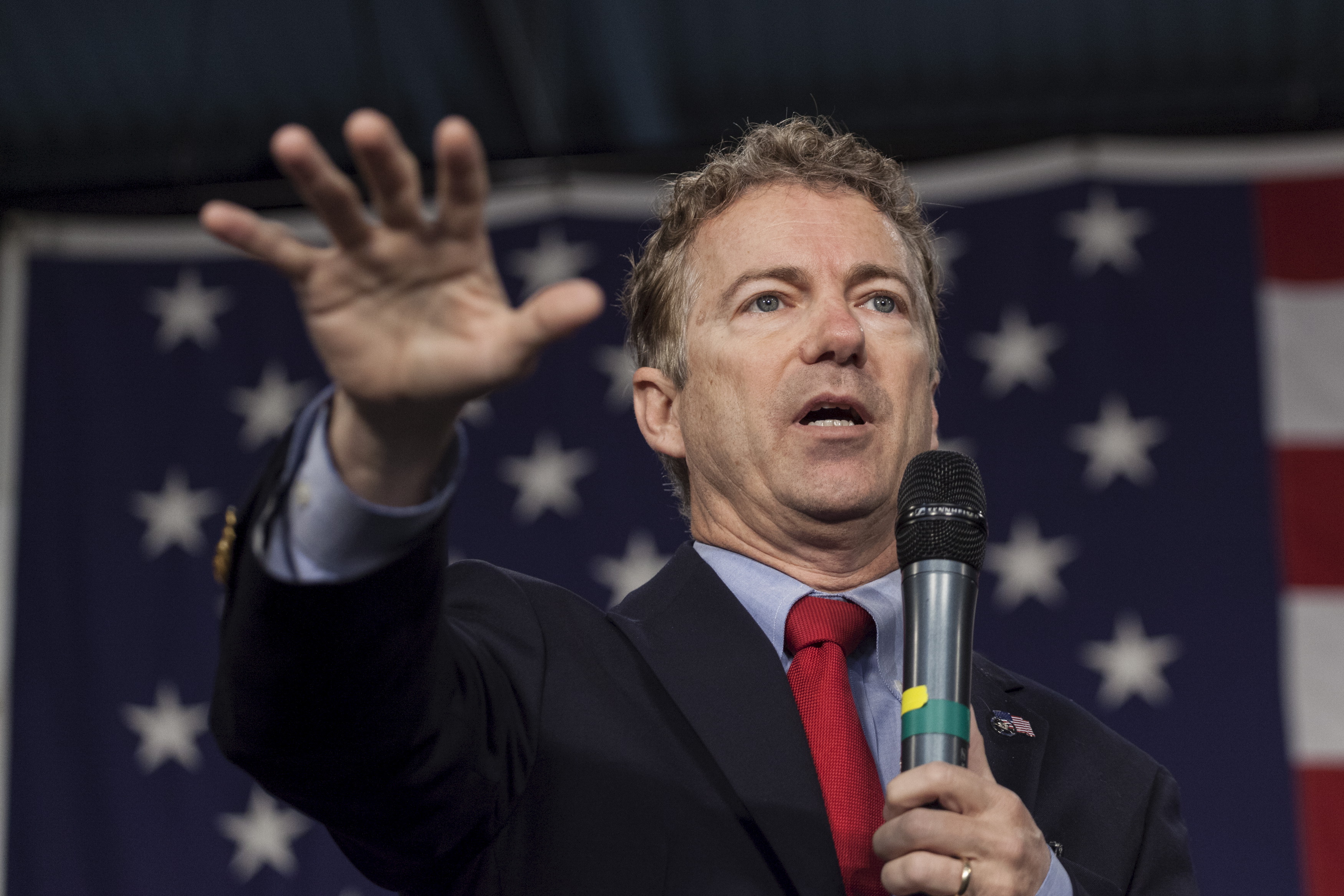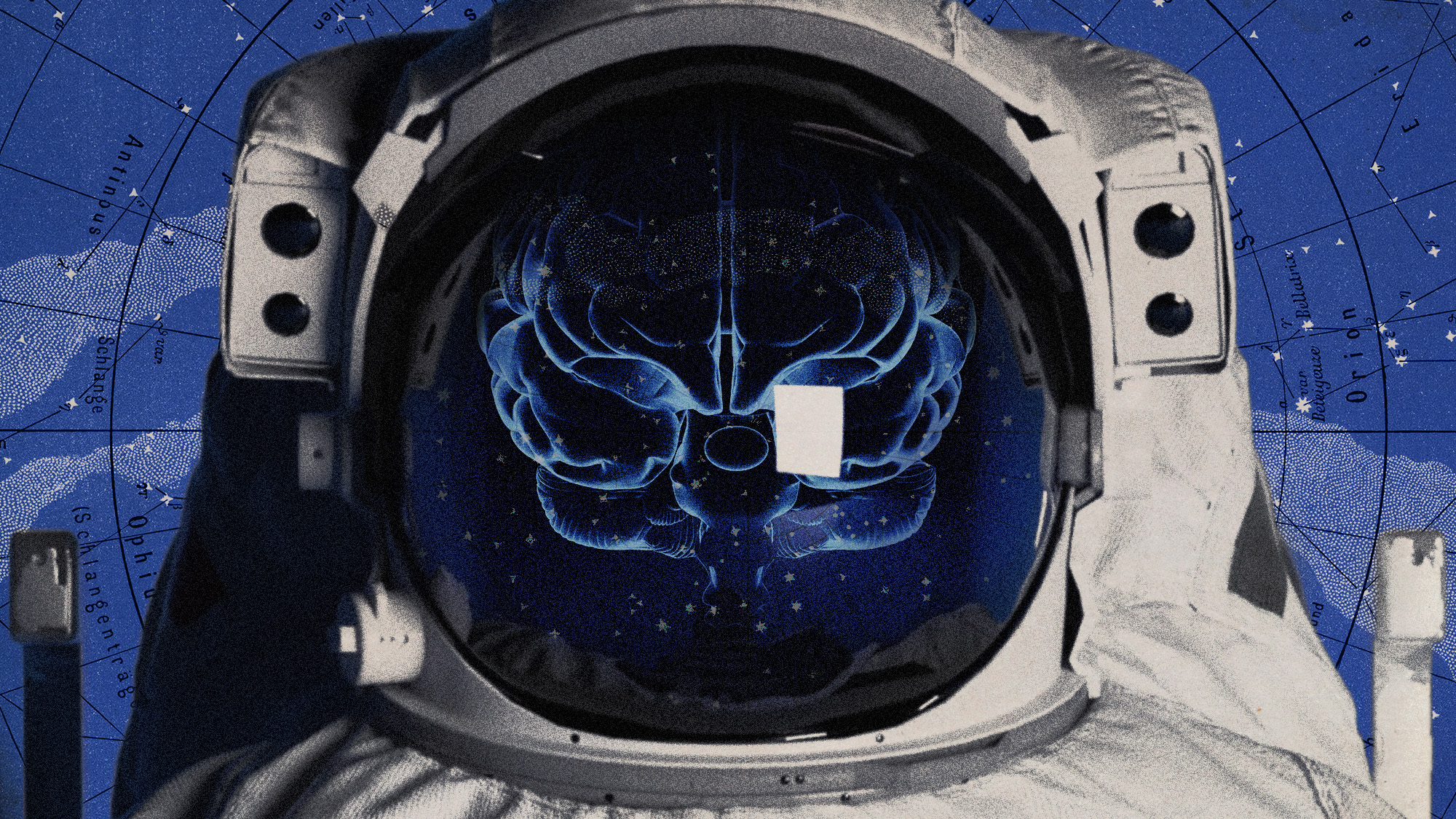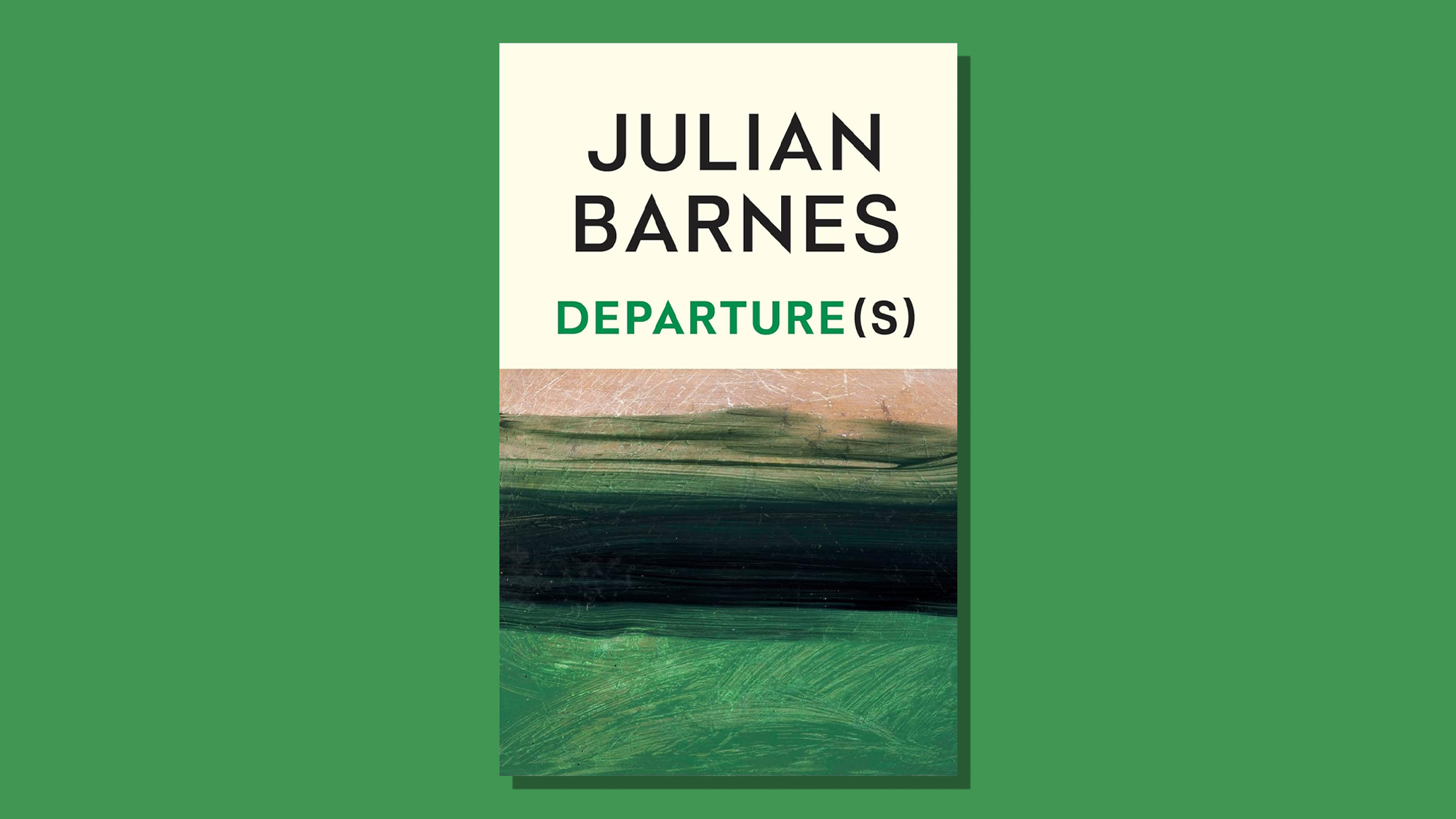Rand Paul got crushed in Iowa. But greatness is still within his reach.
You don't have to be president to be an effective champion of civil liberties


Rand Paul could have been a contender. Instead, after a distant fifth-place finish in Monday's Iowa caucuses, he looks like a mere also-ran in the 2016 presidential race.
The promise of Rand 2016 was great. By building on his father's libertarian base, but shearing it of the elder Paul's crankishness and softening himself up a little bit, Rand would reshape the Republican Party, and the country. In this vision, the GOP could have become a more libertarian party, holding on to most of its evangelical base while attracting more minorities and young voters. By playing up "free-market populism" — and railing against the nexus between big business and Washington — the Kentucky senator might have appealed to down-on-their-luck white voters without Trump-like xenophobia. The result of all this could have been a very different GOP, a winning presidential coalition, and, eventually, a changed country.
I'm no libertarian. But there's still a lot for me to like in this vision. On the economic side, the Republican Party needs to have it kicked into its head that being the party of free enterprise is not the same thing as being the party of big business. And while I'm a hawk on foreign policy, the GOP does need a useful realist corrective to a vision that only has the hammer of foreign intervention to hit every nail. Most importantly, the GOP is all too often quite cavalier about the dramatically important issue of civil liberties, and the imperial presidency.
The Week
Escape your echo chamber. Get the facts behind the news, plus analysis from multiple perspectives.

Sign up for The Week's Free Newsletters
From our morning news briefing to a weekly Good News Newsletter, get the best of The Week delivered directly to your inbox.
From our morning news briefing to a weekly Good News Newsletter, get the best of The Week delivered directly to your inbox.
Perhaps we'll never know whether a savvier, more charismatic libertarian than Rand Paul could have seized this potential and reshaped the GOP. Triangulating between libertarian positions and mainstream Republican positions is hard. To wit: By highlighting his opposition to high taxes and foreign aid, Paul made himself sound like every other Republican. And, like so many ideologues, he often came off as a petulant lecturer, rather than the happy warriors who build winning coalitions.
Rand Paul tried to please both libertarians and the Republican heartland. He might have won both. Instead, he lost both.
But don't forget: Rand Paul isn't just a candidate for president. He's also the junior senator from the great state of Kentucky. It's easy to forget sometimes that the Senate isn't just a launching pad to the presidency, but that it actually occasionally produces legislation, and that senators can be influential lawmakers, especially when they've been around the place for a long time.
Through his long decades in the Senate, Ted Kennedy amassed a more consequential legacy than his brother who was president. Indeed, lawmakers like Ted Kennedy, Daniel Patrick Moynihan, and Jim DeMint have had more influence on the Republic than many presidents. The Senate still produces widely influential statesmen, and Rand Paul has shown much greater skill at handling Senate politics than presidential politics. Unlike his father, he is not congenitally opposed to deal-making.
A free daily email with the biggest news stories of the day – and the best features from TheWeek.com
The Senate might actually be the best place for someone like Rand Paul to advance the cause of liberty. If he stays for many terms, accumulates seniority, inches his way up committees, and influences and moves legislation, he could become one of the most important people in Washington. The case for, say, greater civil liberties in spying programs, or criminal justice reform, needn't be advanced through presidential campaigns alone. It will take many years of debate and of legislative blocking and tackling. Rand could be this country's great champion of civil liberties — and he could do it all from the Senate.
Rand Paul clearly won't be president, at least not this time around. But he might still write his name in the history books as a great statesman.
Pascal-Emmanuel Gobry is a writer and fellow at the Ethics and Public Policy Center. His writing has appeared at Forbes, The Atlantic, First Things, Commentary Magazine, The Daily Beast, The Federalist, Quartz, and other places. He lives in Paris with his beloved wife and daughter.
-
 How space travel changes your brain
How space travel changes your brainUnder the Radar Space shifts the position of the brain in the skull, causing orientation problems that could complicate plans to live on the Moon or Mars
-
 How Iran protest death tolls have been politicised
How Iran protest death tolls have been politicisedIn the Spotlight Regime blames killing of ‘several thousand’ people on foreign actors and uses videos of bodies as ‘psychological warfare’ to scare protesters
-
 Departure(s): Julian Barnes’ ‘triumphant’ final book blends fact with fiction
Departure(s): Julian Barnes’ ‘triumphant’ final book blends fact with fictionThe Week Recommends The Booker prize-winning novelist ponders the ‘struggle to find happiness and accept life’s ending’
-
 The billionaires’ wealth tax: a catastrophe for California?
The billionaires’ wealth tax: a catastrophe for California?Talking Point Peter Thiel and Larry Page preparing to change state residency
-
 Bari Weiss’ ‘60 Minutes’ scandal is about more than one report
Bari Weiss’ ‘60 Minutes’ scandal is about more than one reportIN THE SPOTLIGHT By blocking an approved segment on a controversial prison holding US deportees in El Salvador, the editor-in-chief of CBS News has become the main story
-
 Has Zohran Mamdani shown the Democrats how to win again?
Has Zohran Mamdani shown the Democrats how to win again?Today’s Big Question New York City mayoral election touted as victory for left-wing populists but moderate centrist wins elsewhere present more complex path for Democratic Party
-
 Millions turn out for anti-Trump ‘No Kings’ rallies
Millions turn out for anti-Trump ‘No Kings’ ralliesSpeed Read An estimated 7 million people participated, 2 million more than at the first ‘No Kings’ protest in June
-
 Ghislaine Maxwell: angling for a Trump pardon
Ghislaine Maxwell: angling for a Trump pardonTalking Point Convicted sex trafficker's testimony could shed new light on president's links to Jeffrey Epstein
-
 The last words and final moments of 40 presidents
The last words and final moments of 40 presidentsThe Explainer Some are eloquent quotes worthy of the holders of the highest office in the nation, and others... aren't
-
 The JFK files: the truth at last?
The JFK files: the truth at last?In The Spotlight More than 64,000 previously classified documents relating the 1963 assassination of John F. Kennedy have been released by the Trump administration
-
 'Seriously, not literally': how should the world take Donald Trump?
'Seriously, not literally': how should the world take Donald Trump?Today's big question White House rhetoric and reality look likely to become increasingly blurred
